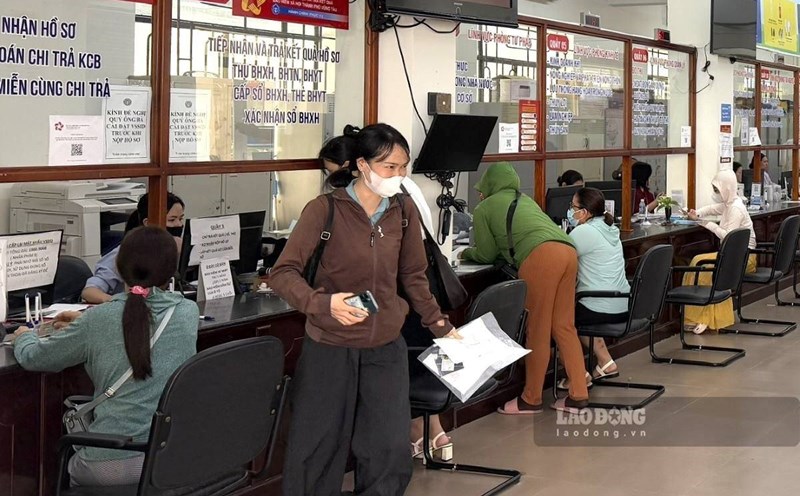The Ministry of Finance has just sent a report to the National Assembly Chairman on the situation of handling public assets as surplus headquarters and working facilities in localities after the process of arranging administrative units at district and commune levels. The problems that exist mainly arise in the early stages of implementation have now been perfected, creating enough basis to completely handle the waste of public houses and land.
After the period of arrangement of administrative units 2019–2021, some localities appeared the situation of many old offices no longer used but not yet handled promptly, causing waste of public resources. In order to remove problems, the Ministry of Finance has requested the Department of Finance of the concerned provinces to urgently coordinate with the functional agencies to review and handle in accordance with the law on public assets and the Government's direction.
At the same time, the Ministry of Finance also organized working with local Departments of Finance and confirmed that the surplus headquarters situation was a reality that arose in the initial stage of implementing the organizational arrangement. After a comprehensive assessment, the relevant legal system has been significantly adjusted.
The National Assembly has issued the 2024 Land Law and amended a series of related laws such as the State Budget Law, the Law on Management and Use of Public Assets, etc. The Government has also issued many important decrees such as Decree 114/2024, Decree 03/2025, Decree 50/2025, clearly stipulating the principles for handling surplus land and public assets.
Cases of public assets subject to land recovery will be implemented according to the law on land, not requiring handling according to the law on public assets. The sale of public houses and land is no longer commonly applied, instead it is a form of land allocation, land lease, and conversion of functions to serve public purposes. Localities are given more proactive authority, while clearly defining the responsibilities of land fund development organizations, public housing management units and specialized agencies.
Up to now, Thanh Hoa, Nghe An and Ha Tinh provinces no longer have legal problems when implementing the arrangement and handling of public assets after streamlining the apparatus.
Current problems lead to slow handling of surplus houses and land to focus on: The adjustment of planning, land use plans, construction planning and related planning is still slow; the work of reviewing and updating planning, land use plans, construction planning and other related planning must be adjusted according to each period prescribed by specialized laws; the number of surplus facilities arising is large; agencies, organizations and units have not been determined in organizing implementation...
To speed up progress, in recent times, the Prime Minister and the Ministry of Finance have issued a series of instructions and guidelines: from Directive 47/CT-TTg, Official Dispatch 125/CD-TTg to thematic dispatches such as 2950/BTC-QLCS, 2454/BTC-QLCS, 4891/BTC-QLCS. These documents require ministries, branches and localities to urgently develop a plan to handle unused public assets, rearrange surplus headquarters and prioritize converting the function into medical, educational, and cultural facilities - instead of leaving them abandoned and causing waste.
The Ministry of Finance affirmed that there is currently sufficient legal basis and guidance to effectively handle public houses and land after the restructuring of the apparatus. In the coming time, the Ministry will continue to review and recommend policy improvement in the spirit of Resolution 18-NQ/TW and recent conclusions of the Central Committee, while closely monitoring reality to promptly handle new arising issues.











